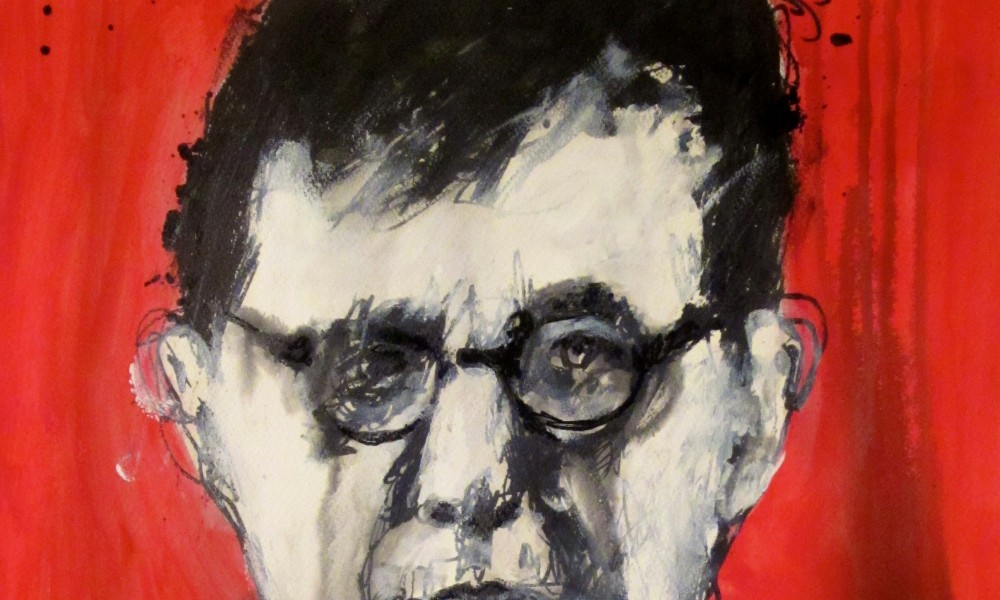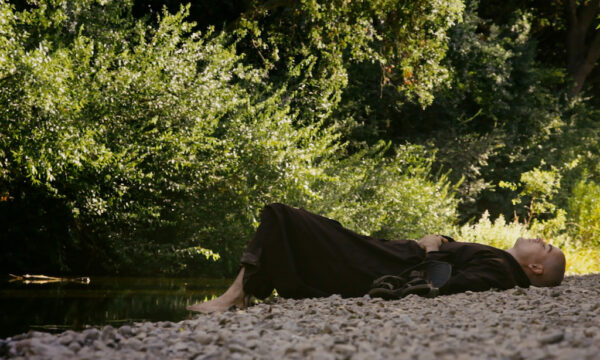The Noise of Time by Julian Barnes

In 1784, the German philosopher Immanuel Kant made an uncharacteristic pronouncement: “Out of the crooked timber of humanity,” he wrote, “no straight thing was ever made.” It was a rare bit of pragmatism for Kant, who was generally more inclined to abstraction and rigidity. The phrase better captures the work of one of his contemporaries, the Anglo-Irish politician and pamphleteer Edmund Burke, and could in fact be taken as a pithy summary of his Reflections. But if Kant’s was a strange endorsement, Burke’s wisdom has found an even more unlikely torchbearer in Julian Barnes, whose newest novel, The Noise of Time, explores its intricacies through the real-life tribulations of the Russian composer, Dmitry Shostakovich.
The book is broken into three parts with each third covering a different “conversation” with power: the first, the result of a damning review in Pravda, the second, Shostakovich’s artistically compromising visit to America, and the third, his forced decision to join the Communist Party. It’s the story of the gradual destruction of a soul, the steady erosion of a man’s ideals against the noise of time, a process that reaches its ironic crescendo as the danger to the composer’s life diminishes.
Its Burkean thrust is captured beautifully in the title of Stalin’s Pravda denunciation, Muddle Instead of Music. Out of the gnashing jaws of power, it’s the latter we’re asked to prefer and the former we ought to deride. But in Barnes its meaning is inverted: what we have is muddle – irreducible, unfixable muddle – and that’s fine. And it’s a mistake to ever expect it to sing as you want it to; it always has been. Burke saw it in Rousseau, Voltaire, and the members of the Third Estate. Barnes sees it in human nature.
For it wasn’t just Stalin who missed the irony; the so-called ‘humanitarians’ missed it as well. Those “who imagined they knew how Power operated and wanted you to fight it”. How like power they were, he reflects, these self-nominated friends. They sympathised, sure, but they demanded too much, and simply imposed a different sort of ideal. That’s what the Romantic hero is: a straight thing to be fashioned.
It’s the magic of a good writer that they help us to live the world’s great ideas. But even amongst them, Barnes stands out, so vivid are his images and so poignant his insights. His works stand among the classics of the postmodern era, and for good reason. His latest, The Noise of Time, is no exception.
P B Craik
Image: Blake Carter (courtesy of the artist)
The Noise of Time is published by Jonathan Cape at the hardback price of £14.99, for further information visit here.
























Facebook
Twitter
Instagram
YouTube
RSS